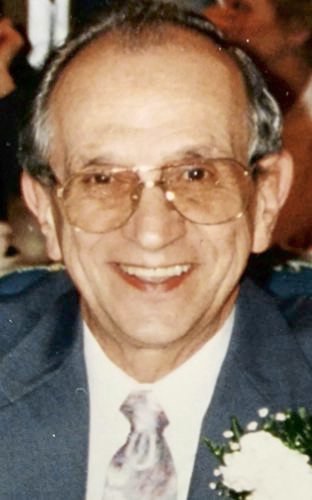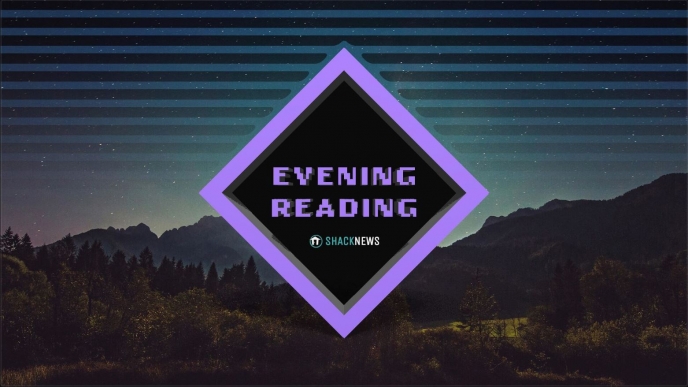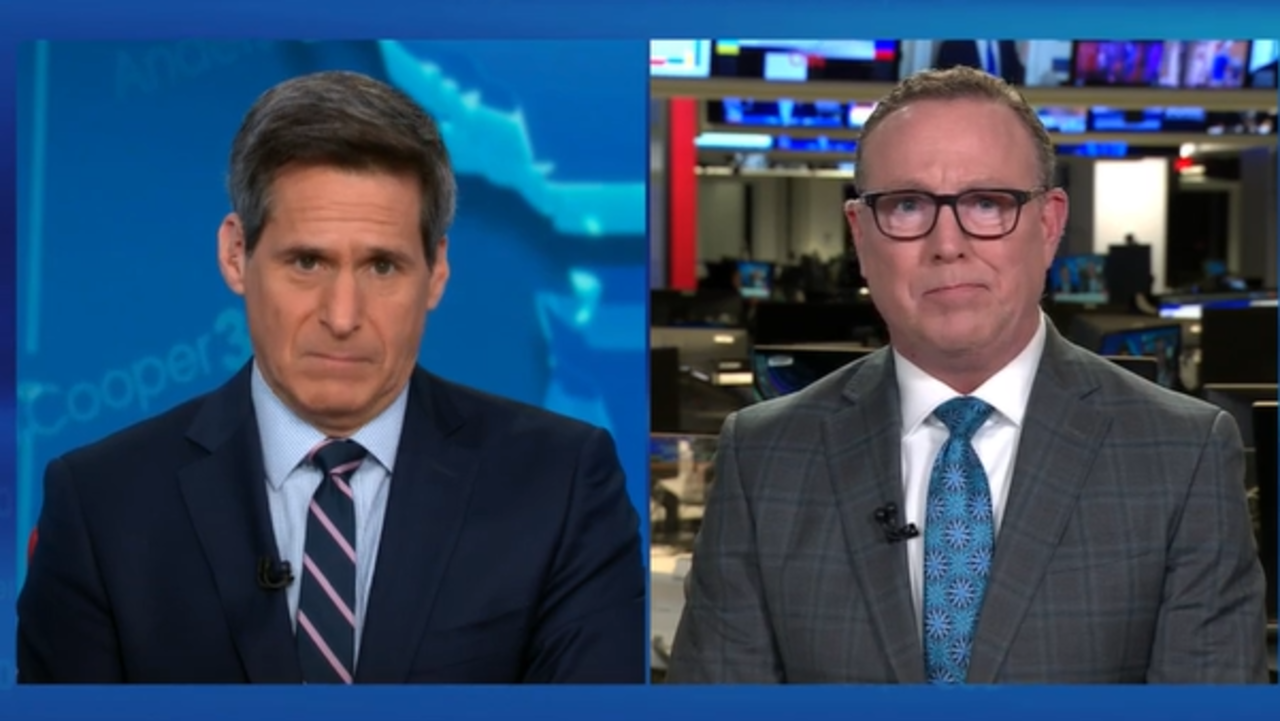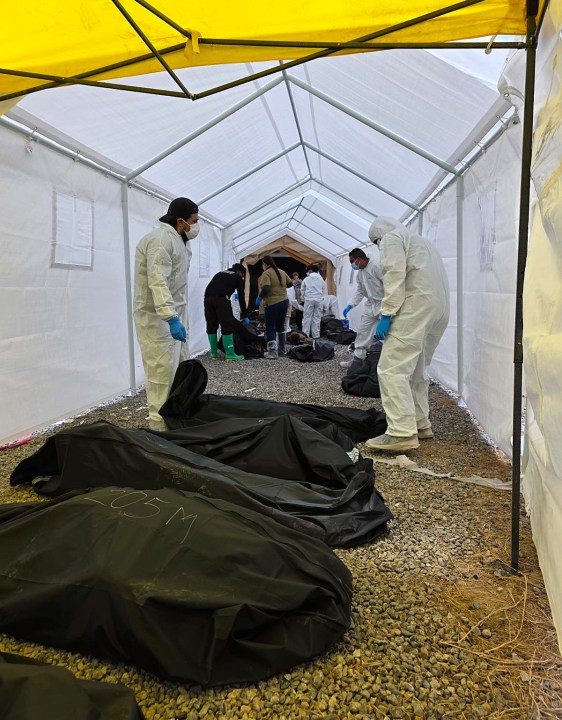Virginia Governor-elect Abigail Spanberger articulated her priorities and concerns regarding the ongoing government shutdown during an interview on “Face the Nation” with Margaret Brennan on November 9, 2025. Spanberger emphasized the urgent need to reopen the government to alleviate the financial strain on Virginians, particularly federal employees and contractors affected by the stalemate in Congress.
The governor-elect pointed out that Virginia has one of the highest concentrations of federal workers in the United States, with approximately 300,000 individuals facing economic uncertainty due to the shutdown. Spanberger stated, “Virginians need to and want to see the government reopen,” underscoring the immediate need for congressional action. She criticized the chaotic policies emerging from Washington, including the ongoing government shutdown and disruption caused by federal actions.
When asked whether congressional Democrats should prioritize opening the government over addressing health care reforms, Spanberger was unequivocal. “The government needs to open and it needs to open immediately,” she said, highlighting the critical nature of the situation. The shutdown has left many in limbo, including 825,000 individuals enrolled in the Supplemental Nutrition Assistance Program (SNAP), who are dependent on timely assistance.
Spanberger also warned of the potential consequences of failing to act. She referred to the recently proposed health care legislation, which could lead to a loss of $26 billion in funding, jeopardizing rural hospitals and clinics across Virginia. “We cannot compound that pain by keeping the government closed,” she stated, emphasizing the urgent need for resolution.
Energy Costs and Data Centers
The discussion then shifted to the growing energy demands driven by the state’s large concentration of data centers. Spanberger acknowledged that energy prices in Virginia have risen nearly 7% in the past year, but she clarified that the increase is not solely due to the data center boom. She attributed some of the rising costs to ineffective energy policies in neighboring states.
Spanberger emphasized the importance of ensuring that large-scale energy users, such as data centers, contribute their fair share to the state’s energy grid. She outlined her plans to improve energy production to meet both community needs and the demands of substantial energy consumers. “We have to be clear-eyed about the fact that we will have an energy crisis heading into the future,” she warned.
The governor-elect was also questioned about the controversial funding deals between the federal government and universities, particularly the University of Virginia, which has faced challenges under the current administration. Spanberger described the federal government’s withholding of research dollars as “absolute federal government overreach,” asserting her commitment to defend academic freedom as governor.
Democratic Party Dynamics
As a member of the Democratic Party, Spanberger addressed internal discussions regarding party branding in light of recent electoral victories, including the election of Democratic socialist candidates. She stated, “I’m excited about what we did here in Virginia,” referring to her own campaign that focused on addressing the pressing concerns of Virginia residents.
Spanberger maintains a centrist perspective, identifying herself as a capitalist and a Democrat. She emphasized that her victory, which was by a margin of 15 points, reflects a mandate for governance focused on reducing costs and strengthening community safety. “It was based on what I campaigned on, the efforts to really address the challenges that people are facing,” she noted.
In closing, Spanberger expressed her commitment to providing steady leadership in Virginia, particularly in light of the turmoil emanating from Washington. As she prepares to take office, she aims to deliver on her promises and address the critical issues facing her constituents.
“I look forward to proving that we can lower costs, strengthen our schools, and create safe communities,” she concluded, underscoring her vision for Virginia’s future.







